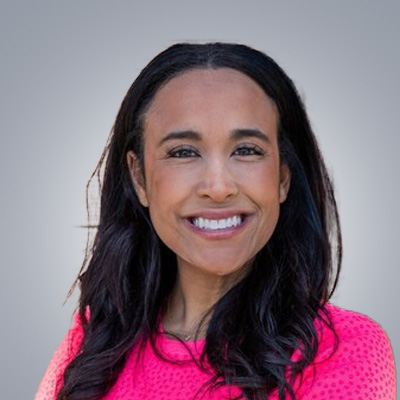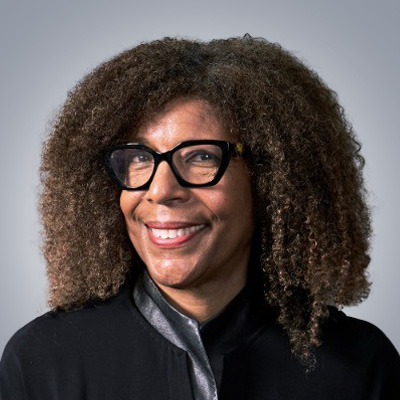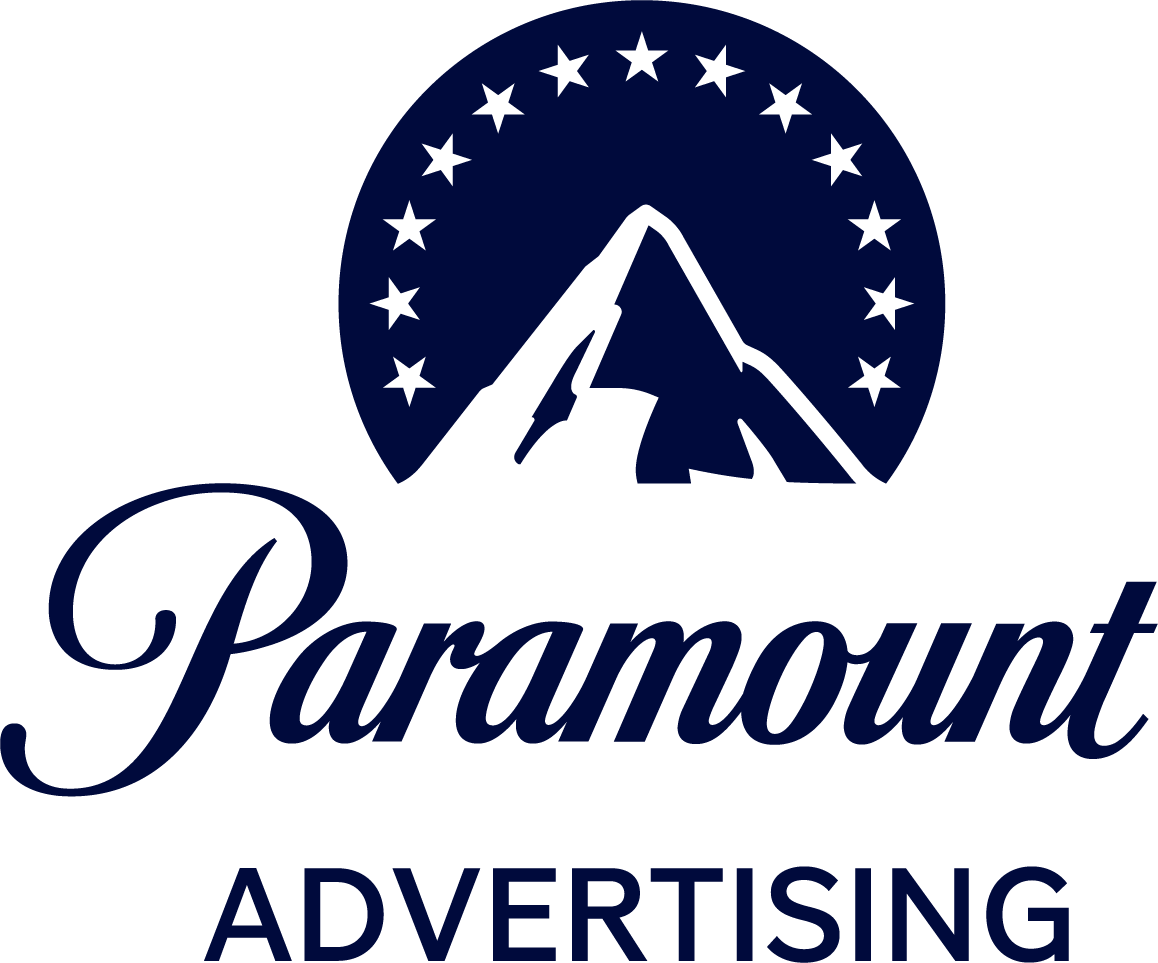Event Overview
The sessions committed to “purpose” at many conferences have become a rinse-and-repeat of the same stale talking points. We are ready to advance the conversation from not just societal progress, but the actual bottom-line business results from responsible marketing and commitment to core values that help garner real support from the CFO and board.
The Responsible Media Summit is a half-day event designed to bring together brands, agencies and partners for an elevated discussion about cultivating a more responsible advertising and marketing industry—while focusing on what matters most: driving revenue and results.
This event goes beyond the usual conversations about sustainability and inclusion, diving deeper into the full spectrum of responsibility in the industry. Attendees will connect with leaders and organizations that are steadfast in their brand values, pushing boundaries to achieve their goals in impactful, responsible ways that also generate measurable ROI.
Through candid, transparent discussions, the summit will highlight how responsibility is a business imperative that boosts the bottom line. By acknowledging where we stand today, the summit empowers every attendee to take meaningful next steps forward, whether they’re just starting their journey or ready to elevate their efforts to the next level.
For anyone overseeing business outcomes, the Responsible Media Summit offers actionable insights and a fresh perspective on how responsibility and profitability go hand in hand.
Early Confirmed Speakers

Lola Bakare
be/co
CMO Advisor & Inclusive Marketing Strategist

Martin Bryan
IPG Mediabrands
Global Chief Sustainability Officer

Mariah Eckhardt
The Clorox Company
VP, Brand Marketing

Suzie Eckhart
Publicis Groupe
SVP, Global Digital Standards

Amanda Forrester
OpenX
VP Marketing

Travis Freeman
Inspire Brands
SVP Demand Generation
Chief Media Officer

Arielle Garcia
Check My Ads
Chief Operating Officer

Donna Dozier Gordon
H&M Americas
Head of Inclusion and Diversity

Walter T Geer III
VML
Chief Creative Officer, Innovation

Daniella Harkins
LiveRamp
SVP, Go-To-Market

Christopher Henry
Nespresso
Lead, Social Impact Marketing

Fahad Khawaja
Hue
Founder & CEO

John Osborn
Ad Net Zero
Director

Kellyanne Perez-Vera
Mastercard
Marketing Sustainability Manager

Tim Rich
Horizon Media
Senior Vice President, AI Solutions

Aya Saed
Scope3
Director of AI Policy and Strategy

Katie Secret
Outbrain
EVP, Global Head of Marketing

JC Williams
Initiative
Multicultural Strategy Director
Key Information
Wednesday
February 12, 2025
11am - 6pm
Paramount Advertising
1515 Broadway, New York,
NY 10036
Programming Overview
The Responsible Media Summit is a half-day event dedicated to bringing together brands, agencies, and media partners to engage in meaningful discussions about creating a more responsible advertising and marketing industry.
We’re committed to addressing fresh, forward-thinking topics—not the same old conversations. Below are the 5 session topics we are looking for experts in the industry to share their perspective on in different sessions throughout the day.
However, the Responsible Media Summit isn’t just about meaningful discourse—it’s about connections. Throughout the day, attendees will have multiple networking opportunities to foster collaboration and conversation. These activities are more than just social—they’re opportunities to sync with fellow leaders and innovators who are shaping the future of our industry.
Agenda
11:00 AM - Check-in Opens
1515 Broadway, New York, NY 10036 (Broadway & 45th Street)
11:15 AM - Welcome Remarks

Chad Hickey
Givsly
Founder & CEO
11:25 AM - Session #1: The Bottom-Line Benefit of Brand Values
Focusing on the greater good is just good business sense. How do businesses with values ingrained in their DNA operate differently? If values-based missions have not been core to your business since inception, what lessons can be applied to your company or department today to start seeing a positive impact on the bottom line?
This panel will gather purposeful brands to deep dive into the business value of values as well as explore the business cost of potentially alienating customers by not standing for something you believe in. Attendees will gain insight into how to determine an authentic model that would positively benefit their company’s sales in addition to society.
Sponsored by

Moderator

Katie Secret
Outbrain
EVP, Global Head of Marketing
Speakers

Mariah Eckhardt
The Clorox Company
VP, Brand Marketing

Lola Bakare
be/co
CMO Advisor & Inclusive Marketing Strategist
12:12 PM - Session #2: Commitment Dilemma? Carbon Emissions and the AI Factor
While many organizations have made plans to reduce carbon emissions over the past several years, how are these commitments progressing? As the world approaches 2030 and 2040, will there be an uptick in extending the timeline of these promises?
The International Energy Agency (IEA) forecasts that by 2026, electricity demand for data centers will globally use as much energy as Japan. Training AI models can use as much as 100X the energy of an average U.S. household. As AI advancements are skyrocketing, are companies tracking how these innovations are impacting those commitments to reduce carbon emissions?
Can Green AI truly exist? Are organizations having to navigate internal conflict between the goals of their AI and sustainability teams? Is prioritizing one team’s mission hindering others? Are companies strategically choosing to not chase AI advancement in the name of sustainability?
This panel will spotlight how companies are navigating these questions and more related to the inherent conflict between sustainability and AI.
Sponsored by

Moderator

Aya Saed
Scope3
Director of AI Policy and Strategy
Speakers

Martin Bryan
IPG Mediabrands
Global Chief Sustainability Officer

Kellyanne Perez-Vera
Mastercard
Marketing Sustainability Manager

Tim Rich
Horizon Media
Senior Vice President, AI Solutions
12:59 PM - Networking Lunch
Sponsored by

2:02 PM - Session #3: Navigating Selective Activism - Who Draws the Line and Where?
In a “quick to cancel” environment, many marketers can be hesitant to express or support any strong viewpoints, fearing backlash and perceived bottom-line risks. Agencies and partners have been dragged and stripped of their B-Corp status for supporting laggard brands, or brands whose missions are not aligned with future-forward values.
However, who gets to define where the line for a laggard brand is? Is a fossil fuel company drastically worse than a soda company that sells sugar packaged in plastic to children or an app that makes gambling easier and more accessible? There are watershed moments that can’t be ignored, but how can we navigate the selective outrage in the day-to-day?
How can we ensure that all opinions are respected (as long as those opinions do not put others in harm’s way)? How can we ensure that the causes a brand does support are authentic to avoid accusations of virtue signaling?
B-Corp status is about being “a force for good,” but this is more attainable by interacting with others who hold a different perspective and values on certain issues rather than “canceling” them. Real change comes when we drive toward greater understanding and unity.
This panel will feature agency leaders and brands who are constantly toeing the line between cancel culture and the anti-movement.
sponsorship available
Moderator

Lola Bakare
be/co
CMO Advisor & Inclusive Marketing Strategist
Speakers

Walter T Geer III
VML
Chief Creative Officer, Innovation

Christopher Henry
Nespresso
Lead, Social Impact Marketing

John Osborn
Ad Net Zero
Director

JC Williams
Initiative
Multicultural Strategy Director
2:49 PM - Wellness Break
Sponsored by

3:06 PM - Session #4: Responsibility in a Consumer Led Data Ecosystem
The average customer interacts with digital experiences every day—accepting cookies, creating accounts, and using apps that request location access—often without fully understanding the details behind these interactions. While there is an inherent value exchange, how well do customers grasp what they’re agreeing to, and how can brands ensure transparency without overwhelming them?
The marketing and advertising industry has an opportunity to foster greater consumer understanding around data usage in a way that builds trust rather than uncertainty. What role should brands and data companies play in educating consumers about the personalization they enjoy? How can this be done responsibly, ensuring clarity without causing confusion or unnecessary concern?
This panel will bring together experts from data companies and brands to discuss how they prioritize customer experience, uphold responsible data practices, and communicate value in a way that strengthens consumer confidence.
Sponsored by

Moderator

Daniella Harkins
LiveRamp
SVP, Go-To-Market
Speakers

Arielle Garcia
Check My Ads
Chief Operating Officer

Suzie Eckhart
Publicis Groupe
SVP, Global Digital Standards
3:53 PM - Session #5: Inclusion - From Siloed Initiative to Holistic Strategy
To have a real impact on your bottom line, an organization needs to approach inclusion strategically across an organization rather than silo it into a single department.It is about more than race, LGBTQ, accessibility or gender. It is about human issues that younger generations are unwavering on – fair pay, reasonable parental leave, equitable opportunities, etc. It is about having more representation in the rooms where decisions are being made and ensuring that consumers see themselves in your advertising.
Inclusive advertising has consistently proven to drive more sales (both short-term and long-term). By embracing authentic representation across workflows, brands’ advertising has the unique power to not just reflect culture but help define it.
This panel will gather brand and agency leaders who have seen the proven return of treating inclusion as a value proposition.
Sponsored by

Moderator

Amanda Forrester
OpenX
VP Marketing
Speakers

Travis Freeman
Inspire Brands
SVP Demand Generation Chief Media Officer

Donna Dozier Gordon
H&M Americas
Head of Inclusion and Diversity

Fahad Khawaja
Hue
Founder & CEO
4:45 PM - Happy Hour
Sponsored by

6:00 PM - Summit Ends
Thank You for Joining Us!
Sponsored Tickets
Attendance is limited to sponsor companies, but there will be a set number of free tickets allocated for professionals from underrepresented groups who may not typically have access. This initiative is designed to bring fresh perspectives into rooms that have historically been too closed and to empower these individuals to engage in conversations they might not otherwise hear. By intentionally facilitating access and fostering inclusivity, the summit aims to set a new standard for how the industry approaches responsibility.
Sponsors
Host Partner

Sponsors










